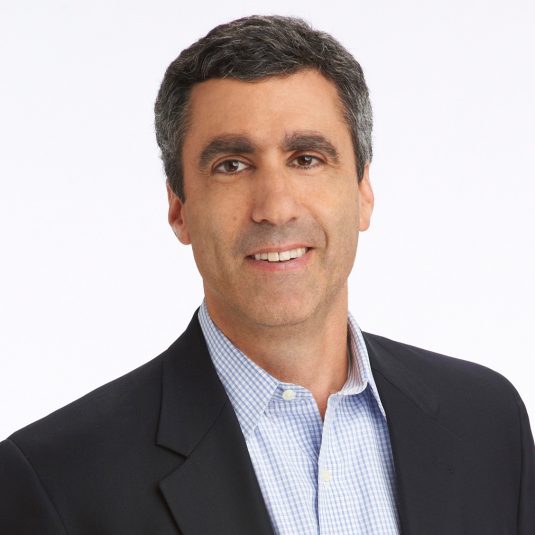NBC Olympics President Gary Zenkel Sees Limits to At-Home Production
Story Highlights
A major storyline coming out of this summer’s Rio Olympic Games was the increased use of at-home production models by broadcasters from across the globe. Technology is allowing more operations personnel to stay in their home country and leverage the technological facilities at the broadcaster’s plant.
NBC Olympics was one of those broadcasters. Although nearly 2,500 NBC staffers made the trip to Rio to work at the massive IBC, a staggering 1,100 crew members worked around the clock on the Olympics at NBC Sports Group headquarters in Stamford, CT, and at other domestic locations.

Gary Zenkel: “Technology is allowing more and more remote production, but what happens at the Olympics is that there is an emotional connection that you don’t want to completely sever.”
With the trend of at-home production continuing to grow, the commitment to the production model could be expected to grow, with fewer people traveling to the site and a smaller footprint in the Olympic Village. Not so much, according to Gary Zenkel, president, NBC Olympics/president, operations and strategy, NBC Sports Group.
“Technology is allowing more and more remote production, but what happens at the Olympics — and I think more broadcasters will tell you this — is that there is an emotional connection between producers, directors, and on-air talent that you don’t want to completely sever,” said Zenkel, speaking at NAB Show New York last week. “Yes, we could probably put more production personnel in Stamford or other domestic locations, but we disconnect them from the event, from the field of play, from interacting with the athletes, and we think, at some point, you cross a line where that will be translated in the on-air product. We will tiptoe very carefully as we look at what efficiencies technology can bring us.”
He added that, while some elements of the production are simplified by technology and require less manpower, the idea that the NBC Olympics footprint is shrinking is a fallacy, because the network is always looking to add new elements to the coverage.
“Production is complicated, and it doesn’t get less complicated even though we get better at it and technology gives us more tools and allows us to be more efficient,” he explained. “We add to what we are covering. We add to the complexity. We add to the outlets. We always vow that we are going to make ourselves smaller and use more remote coverage back in the States, and somehow we don’t get bigger, but we certainly don’t get smaller. We continue to add layers to our coverage.”
Despite the reported 15% drop in viewership of Rio 2016 from the 2012 London Olympics, Zenkel still views the Games as the one of the most valuable sports properties on the globe and expects NBC Sports to continue to treat it as such for the 2018 Winter Games in PyeongChang, Korea, and the 2020 Summer Games in Tokyo.
“The Olympics, as a franchise on television, is still incredibly strong,” he pointed out. “As it has been for decades. In the years that I’ve been involved, there has been a steady climb in interest and viewership, sort of defying the media gravity of the last 15 years. Rio was no different. We saw a tremendous amount of consumption, especially around the anchor of our coverage, which is primetime network television.”
